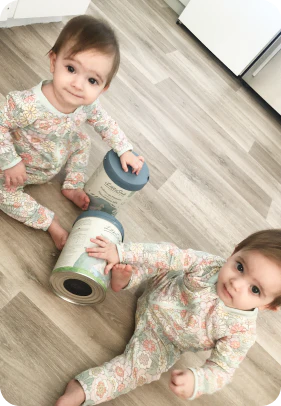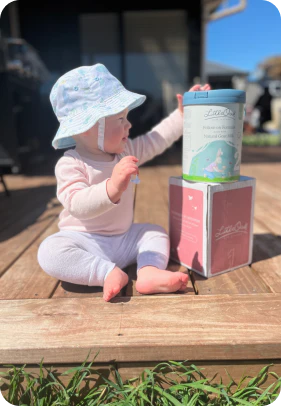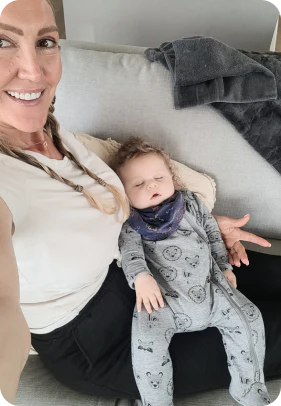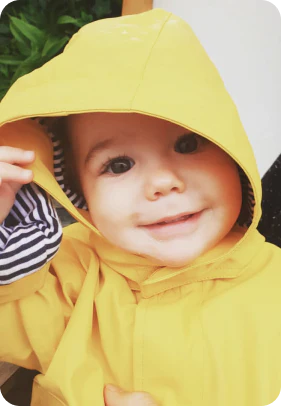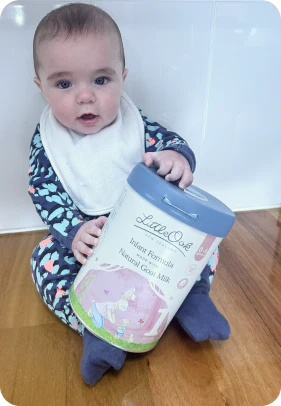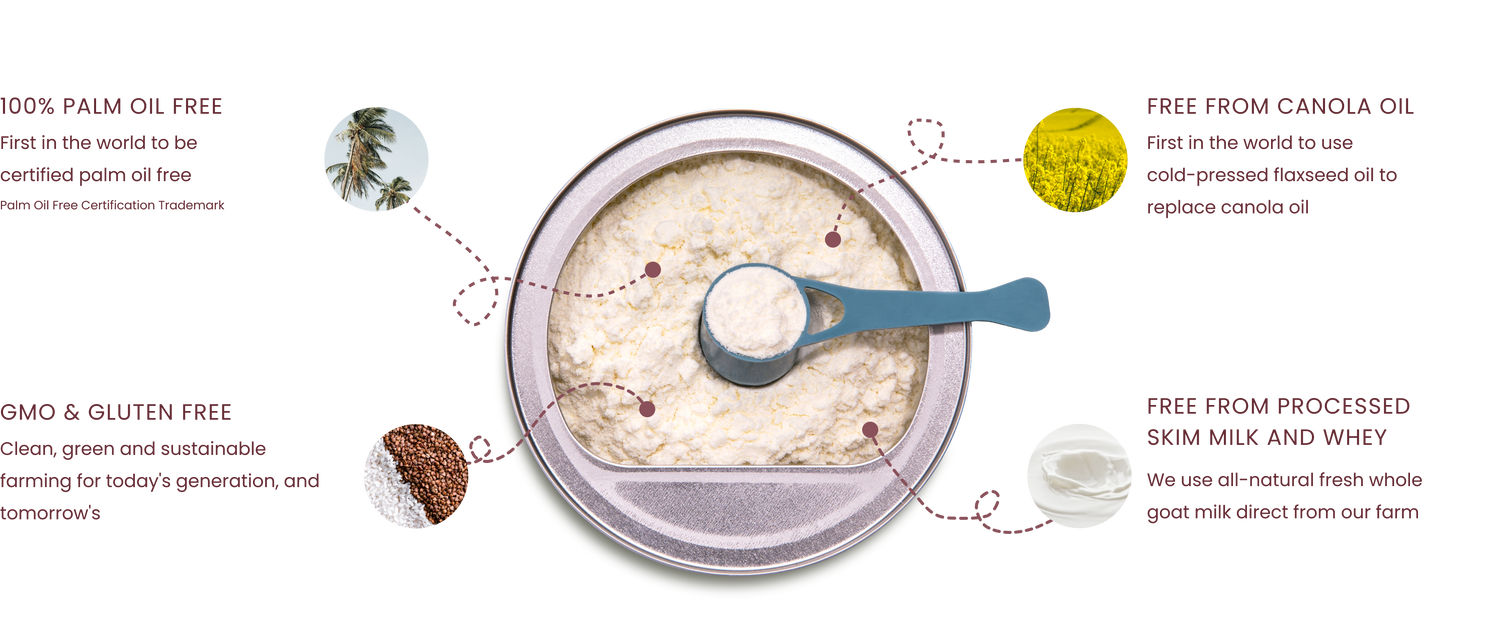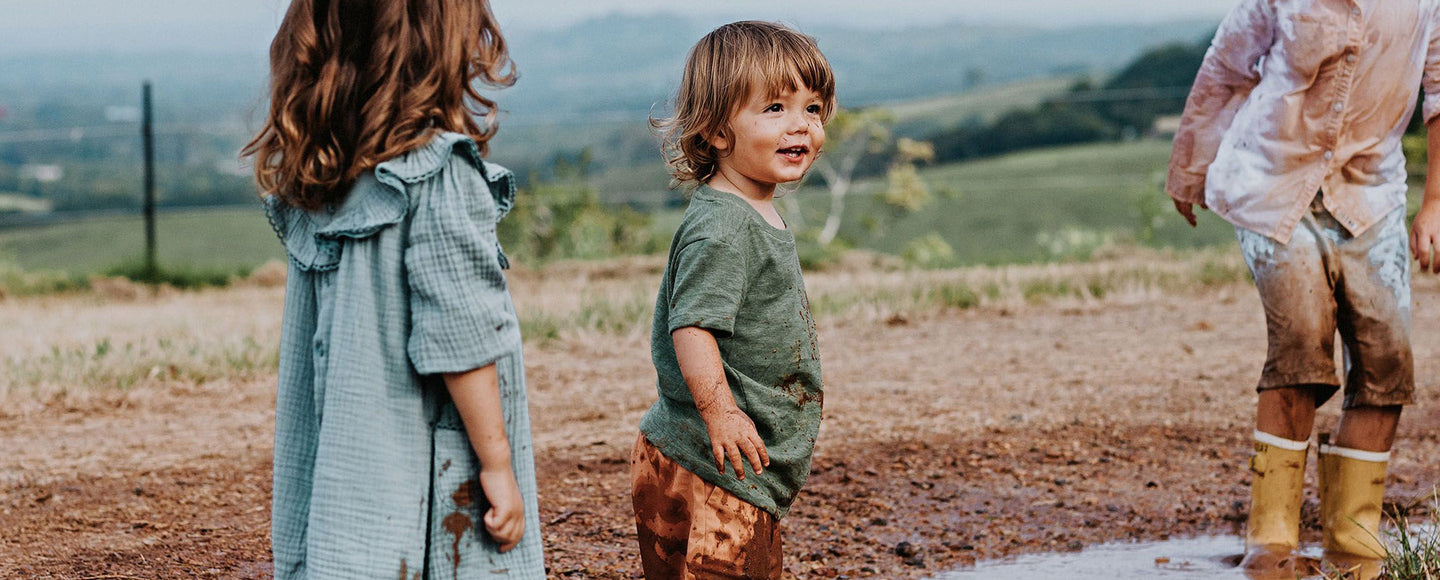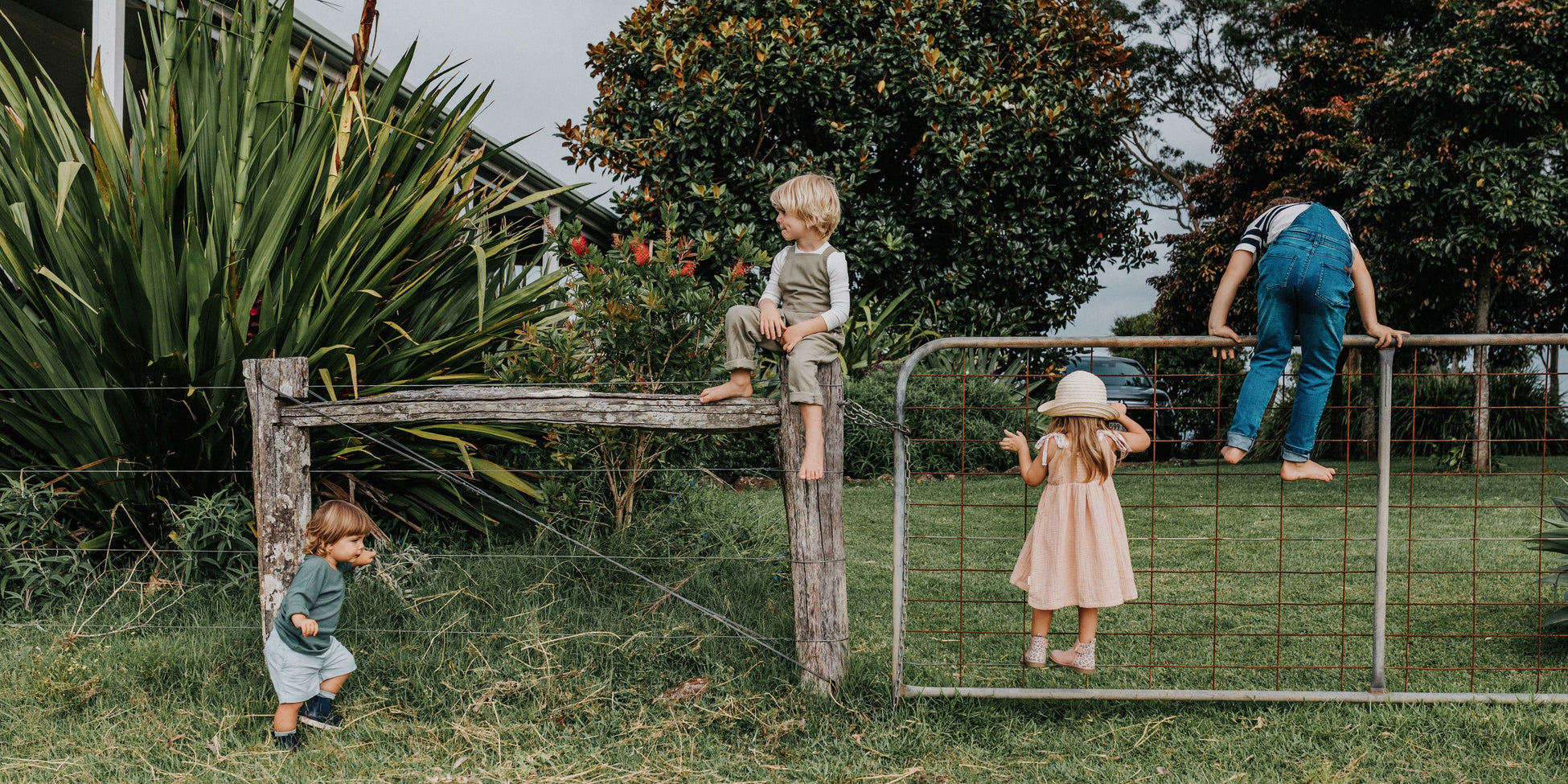Welcome to the wonderful world of newborn sleep. If you read our blog on surviving the newborn nights, we hope those tips were helpful. But, as is often the case with having a new baby, we know there’s always more questions. How do you know if your bub is tired or indeed, overtired? Do they need to sleep in complete darkness? How many layers should you dress them in for bedtime? We’re answering some of the most common questions related to newborn sleep, so let’s dive in.
When do I stop swaddling my bub?
A swaddle helps newborns feel snug and secure—much in the same way they felt when they were in utero. And while they look just adorable wrapped up like a burrito, they shouldn’t sleep like this for too long. Once your baby can roll around (meaning they’ve developed the necessary muscles to hold their head up), it’s time to ditch the swaddle – it's arms out time! We know you love the swaddle (so do we), but this is actually a very exciting milestone for your little one. This will vary from baby to baby, but rolling usually develops between 3-6 months.
How do I dress my little one for sleep?
To ensure a safe environment for your bub, make sure to remove all blankets from the crib as it can pose a risk to your baby if they get tangled up in a dangerous position. According to the Sleep Foundation, parents should dress their bubs in only one more layer than they themselves might wear to be comfortable. The overwhelming consensus here? Less is more. You don’t want your baby to overheat, so lightweight clothing such as a onesie and a sleep sack works perfectly.
Should my baby be sleeping in total darkness?
Newborn babies are born without a circadian rhythm—the cycle that trains our body to fall asleep and wake up. As such, it's recommended that you get your bub sleeping in a dark room as early as possible, so to support the production of the sleep hormone, melatonin (its production is reduced when you’re exposed to light). To encourage your bubs to fall asleep and stay asleep, a dark room will make a huge difference.
Is my baby overtired?
It’s a common experience. In fact, being overtired is one of the primary reasons your baby might be fighting sleep. Seems counter-intuitive, doesn’t it? Babies can become overtired for a range of reasons, but it usually occurs when they are overstimulated or have missed their window of sleep, leaving them awake for longer than their little bodies can handle. It can be hard to soothe a baby who is overtired – they’ll be very very upset (aren’t we all when we’re in that state?). To prevent this from happening, it's all about learning those sleep cues and watching for early signs of tiredness such as yawning, rubbing eyes, and jerky movements.
Should I wake my sleeping baby to eat?
This question is all too common. And, in reality, there's no easy answer. It all depends on your bub, their growth, and their development. Newborns can lose weight in the first week so, during that time, it's important to feed them regularly which might mean you need to wake them up. A healthy baby (consistently gaining weight) will usually wake up when they want to feed, so for the most part, you can let your little one lead their own feeding schedule. Of course, if you are ever unsure, it's always best to consult with a doctor.
We know you probably have many more questions; after all, navigating parenthood for the first time can be really daunting. Rest assured that our Careline team is here for you, so don’t hesitate to reach out with any questions.
….
LittleOak has been nourishing children for many years and feeds millions of infants, babies and children across the globe each and every day, in countries such as Australia, New Zealand and Singapore. In the US, we're proud to have our FDA compliant Toddler Milk available for families.














